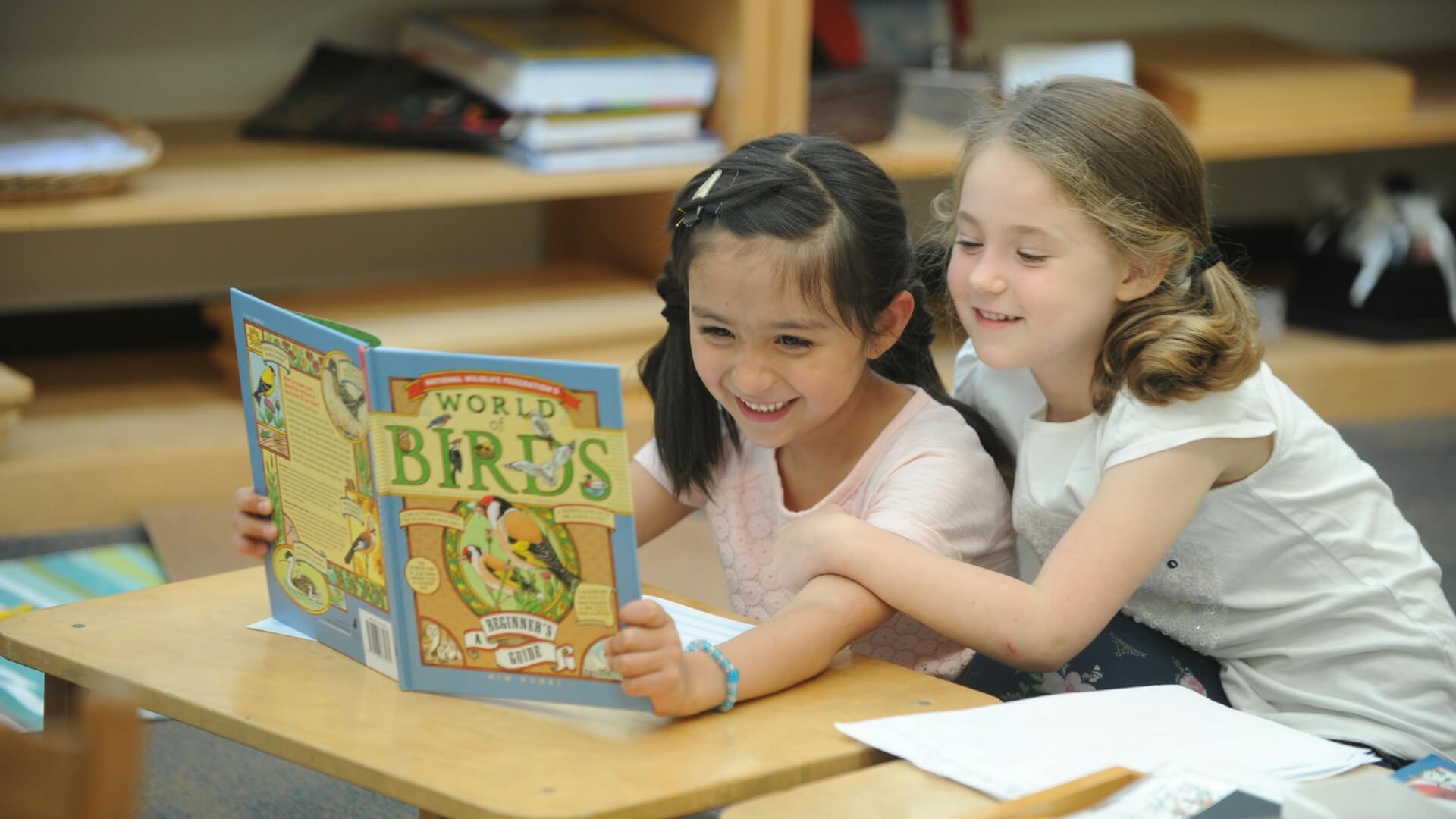Experts agree that you cannot start reading to your child too soon. Some, claim that reading to your baby before birth starts the bonding process even before you hold the newborn in your arms.
Of course, cuddling with your baby not only enhances the parent/child relationship but also introduces the infant to language.
As your child matures, reading and sharing pictures through books further enhance your child’s understanding of language and the world around them.
Marie Montessori developed an educational model nearly 100 years ago, which still practiced today results in well-educated and socially adjusted children.
The Montessori philosophy includes the importance of social and cognitive development as well as helping children with their independence and self-efficacy. This philosophy feeds into the importance of reading to children and encouraging them to read to build relationships, develop vocabulary, and promote a life-long love of books and reading.
The importance of reading to kindergarteners:
Children, around the age of five years, begin to enjoy a complicated aspect of the written word, especially in the form of a picture book. Not only do they possess better comprehension skills, but they also start to interpret the feelings of the story’s characters and even may assign labels or meaning to the illustrations or pictures.
These new cognitive abilities and realizations make choosing books for your kindergartener all the more crucial. Books read to four, five, and six-year-olds should delight, entertain, and educate, but more than that, they present an opportunity to help shape responsible, independent and caring children and hopefully the adults of the future with those same qualities.
Great books to help with kindergarten
Indeed, no shortage exists when it comes to finding good quality children’s books. But, to specifically address the tenets of the Montessori philosophy, you need to dig a little deeper.
If you explain to a young child the importance and rewards of sharing, kindness, and independence, they may listen, but if you present it in an illustrated story form, the message most likely will stick.
Consider the excellent books listed below to delight your child as they form the values to help them become emotionally healthy adults:
- Same Same but Different– by Jenny Sue Kostecki- In this thoughtful and delightful book, Kostecki shows us how to celebrate and appreciate our differences, while at the same time realizing that fundamentally people possess the same wants and needs.
- All are Welcome– by Alexandra Penfold and Suzanne Kaufman – This book represents the ideal choice for the beginning of a school year demonstrating that the classroom, like the real world, represents a diverse and exciting world.
- Pink is for Boys– by Robb Pearlman and Eda Kaban- Perhaps, nothing needs destroying more in our society than stereotypes. This book does just that while simultaneously promoting self-confidence.
- The Word Collector– by Peter Reynolds- Comparing word collecting to other collections, Reynolds demonstrates the power of words.
- Share and Take Turns– by Cheri J Meiners- Meiners teaches children that sharing and thinking about others makes for a better and more peaceful life for everyone concerned.
- Fill a Bucket– by Carol McCloud and Katherine Martin- This book shows your child that being kind to others not only contributes to the recipient’s happiness but their own as well. Fill a Bucket represents a bit of a phenomenon since the follow-up book, Have you Filled a Bucket Today, takes the concept of humanity a step further with suggestions on how to show kindness and concern for others.
- Where the Wild Things Are– by Maurice Sendak- The incredible illustrations in this classics give us window into Max’s psyche and imagination while helping your child interpret the main character’s feelings from both the text and the pictures.
Encouraging a love of reading while at the same time, helping young minds grow represents just one aspect of Montessori education. Please contact us regarding any questions about reading choices or other elements of our program.


